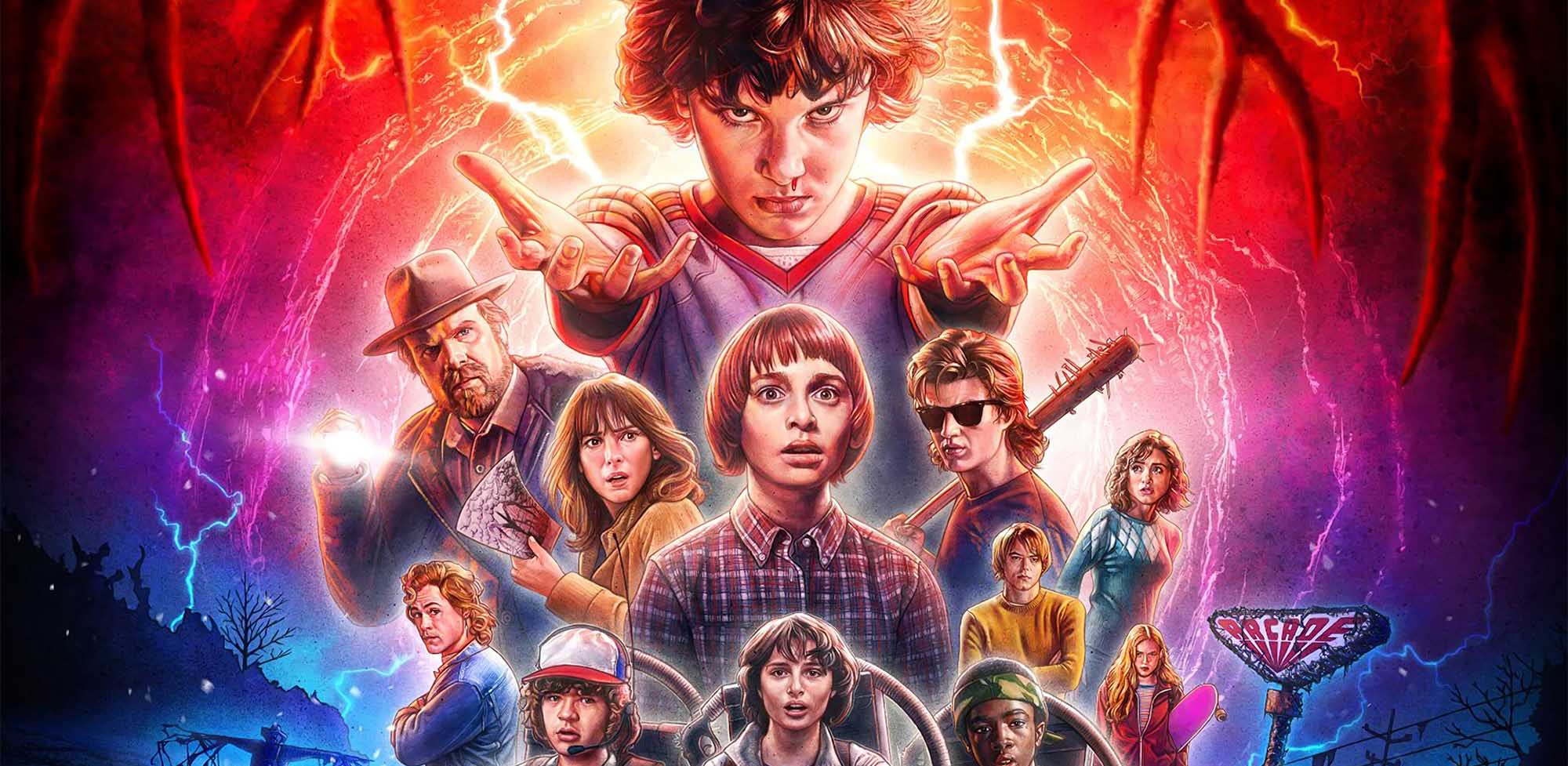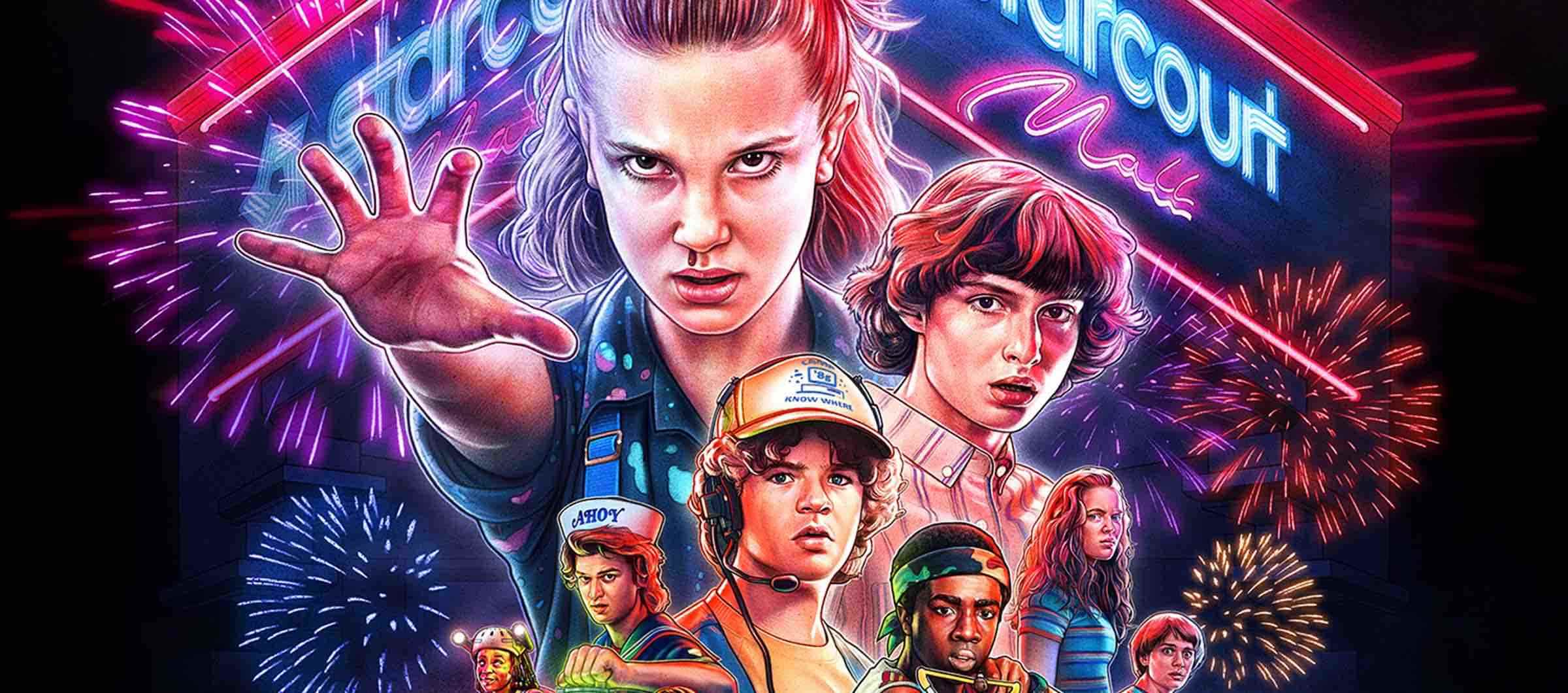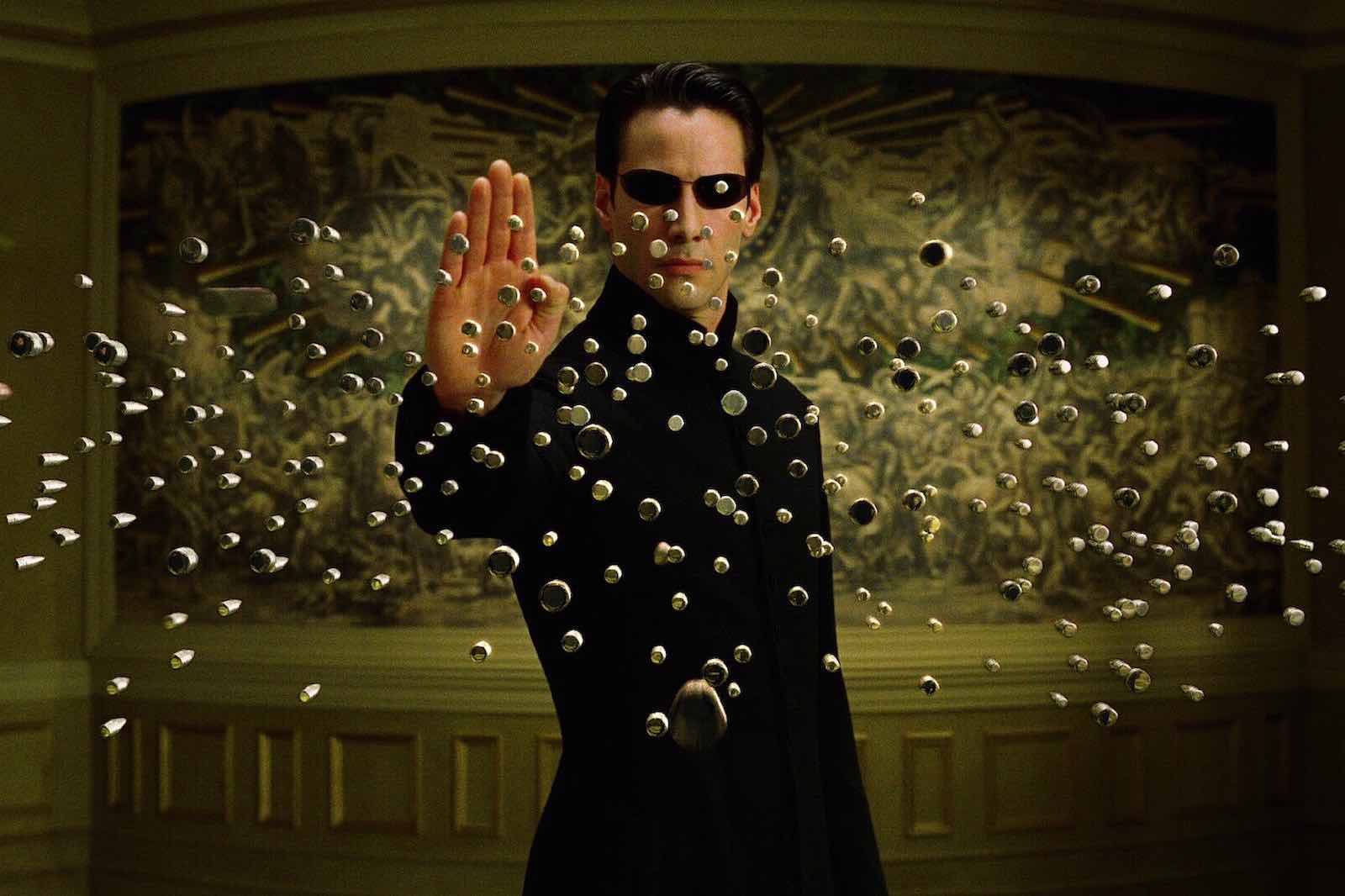
‘Stranger Things’: Did the creators “steal” these episode ideas?
Get your forehead ready for an almighty facepalm, because it looks like the Stranger Things creators are being sued for allegedly “stealing” the idea for their hit show (despite the fact the idea was reportedly pitched at a party.)
Charlie Kessler claimed he pitched the concept for Stranger Things to Matt & Ross Duffer at a party in 2014, and is now suing the brothers for breach of implied contract, which Kessler’s attorney Michael Kernan argued was created during the pitch. “After the massive success of Stranger Things . . . defendants have made huge sums of money by producing the series based on Plaintiff’s concepts.”
As is often the case with lawsuits in this context, it’s not looking like Kessler has much of a leg to stand on. The Duffer brothers were quick to respond via their attorney Alex Kohner: “Mr. Kessler’s claim is completely meritless. He had no connection to the creation or development of Stranger Things. The Duffer Brothers have neither seen Mr. Kessler’s short film nor discussed any project with him. This is just an attempt to profit from other people’s creativity and hard work.”

Legal troubles
Partner at Knobbe Martens, Jonathan Hyman, said these types of claims are typical following the Montz case. “The Montz case (regarding the show Ghost Hunters) is the most recent case setting the standard in this space. Most of these types of cases fall apart either because there is no access, no implied contract, or because the concepts allegedly stolen are ideas not subject to protection.
Unless there is corroborating evidence that the ‘pitch’ occurred (follow up emails, video of the discussion, etc.), this could be a she said / he said. It may be tough to show that the requisite intent to share the idea in exchange for compensating for using the idea occurred at a cocktail party.”

A history of Hollywood lawsuits
The case echoes a similar one involving Oscar-winning director Guillermo del Toro for his recently released fantasy drama The Shape of Water.
Less than a week before the Academy Awards votes were cast, the family of late Pulitzer Prize-winning author Paul Zindel attempted to sue del Toro and Fox Searchlight Pictures for allegedly “stealing” the story idea from Zindel’s 1969 play Let Me Hear You Whisper, also about a female custodian who tries to free a sea creature (a dolphin in this case) from a laboratory using animals as weapons.
While filing a lawsuit over the so-called theft of an idea is preposterous to many people, in Hollywood this isn’t uncommon. In fact, it’s frighteningly familiar. In 2009 for instance, James Cameron’s Avatar had at least five different people accusing the hit movie of stealing their apparently unique and original ideas.

Previous cases
In 1999, Sophia Stewart (a woman who calls herself “The Mother of The Matrix”) claimed the Wachowskis stole her screen treatment and raised a lawsuit for copyright infringement, alleging she was defrauded of over $200 million dollars. In 2015 a woman named Kelly Wilson tried to sue The Walt Disney Company for its release of Frozen, which she claimed borrowed the concept from her short film The Snowman.
“It is almost inevitable that after a successful film (or show) is released that there will be a lawsuit over it,” announced Marc P. Misthal, Intellectual Property Attorney at Gottlieb, Rackman & Reisman P.C. When discussing the aforementioned lawsuits, Misthal raised the issue of ideas and concepts, which are generally not protected by intellectual property law.
“That is why if you look at the complaint that was filed, it does not assert a claim for copyright or trademark infringement – it asserts a claim for breach of contract. It can often be hard to make a claim for infringement because intellectual property protection is frequently the last thing that creators are looking for, usually due to the expense.”

It’s the delivery that counts
Another key issue with attempting to claim ownership of a concept is that, with regards to creative content, the idea is not the essential component – it’s the delivery of said idea. Even if Kessler proves he did share his idea with the Duffer brothers, they’re the ones who created the TV show everyone tuned in to watch, because of its character development, script writing, and visual style.
“The Copyright Act only protects the particular expression of ideas, and not the ideas themselves,” explained copyright consultant and owner of International Law John T. Mitchell. “There are numerous stories of two people falling in love despite that their families / clans / ethnic origins clash. Romeo & Juliet was one expression of the idea, but anyone is free to copy it.”
Mitchell went on to describe how once it’s out there, anyone is free to write TV shows based on the idea, and there is nothing wrong with that because “if I were to take the idea from a hit TV series, there is no guarantee that my show would be as good. But it might even be better. The public benefits from free competition on how best to press an idea.”

A blockchain of events
One of the recent conversations surrounding intellectual property has been in relation to blockchain technology. With regards to filmmakers and showrunners who have created original works that go beyond just pitching an idea at a party, copyright law in the U.S. gives artists the exclusive right to make and sell copies of their work, the right to create derivative work, and the right to perform or display their work publicly.
However, since it is unregistered, such ownership can be hard to prove. While digital token hucksters like Ink Labs Foundation often point out things like “plagiarism, piracy, inadequate data authenticity, and other obstacles make it difficult to maintain control over intellectual property,” they also make claims such as:
Using blockchain as an IP registry may help give clarity to copyright authors, owners, and users. By registering their works to a blockchain, authors could end up with tamper-proof evidence of ownership . . . because a blockchain transaction is immutable, so once a work has been registered to a blockchain, that information cannot ever be lost or changed.

Such statements reveal widespread, insidious (and likely intentional) mischaracterization of blockchain technology. Even if media get hashed – that is, referenced via a unique, shortened string of characters – into a blockchain, the file itself can always be duplicated.
Blockchains can be used as ledgers or lists for someone to provide some evidence they may be behind a piece of media – or at least that they currently hold the private key, or password, originally used to add an entry.

But the mere presence of a blockchain can’t guarantee the entries in it are as resistant to alteration as the highest-security gold standard blockchain, Bitcoin. After all, a blockchain without a highly distributed, valued token incentive system is just a database.
While numerous individuals claim blockchain tech to be the answer to “intellectual property rights, transparent royalty payments,” and a solution that’s “resistant to duplication,” it’s clear many have jumped the gun on a large scale. And any content that can be digitized can be copied endlessly, blockchain or no.

The idea of idea ownership
Moving forward – or should we saying back – the discussion surrounding blockchain also raises another hole in Kessler’s and similar lawsuits and the debate on intellectual property. While we’ve outlined how blockchains might not be the ultimate solution to content ownership, the protection of an idea in this context doesn’t even come in to play.
An idea isn’t a solid thing whose ownership can be secured in a lockbox, like you can store a banana or gold bar that would be gone if it were swiped – a “stolen” idea has actually only been copied. Its creator can still use it to full effect.
And if you’re a writer who is adamant you’ve created a truly unique and potentially fruitful concept, maybe don’t make your pitch at a busy cocktail party.







